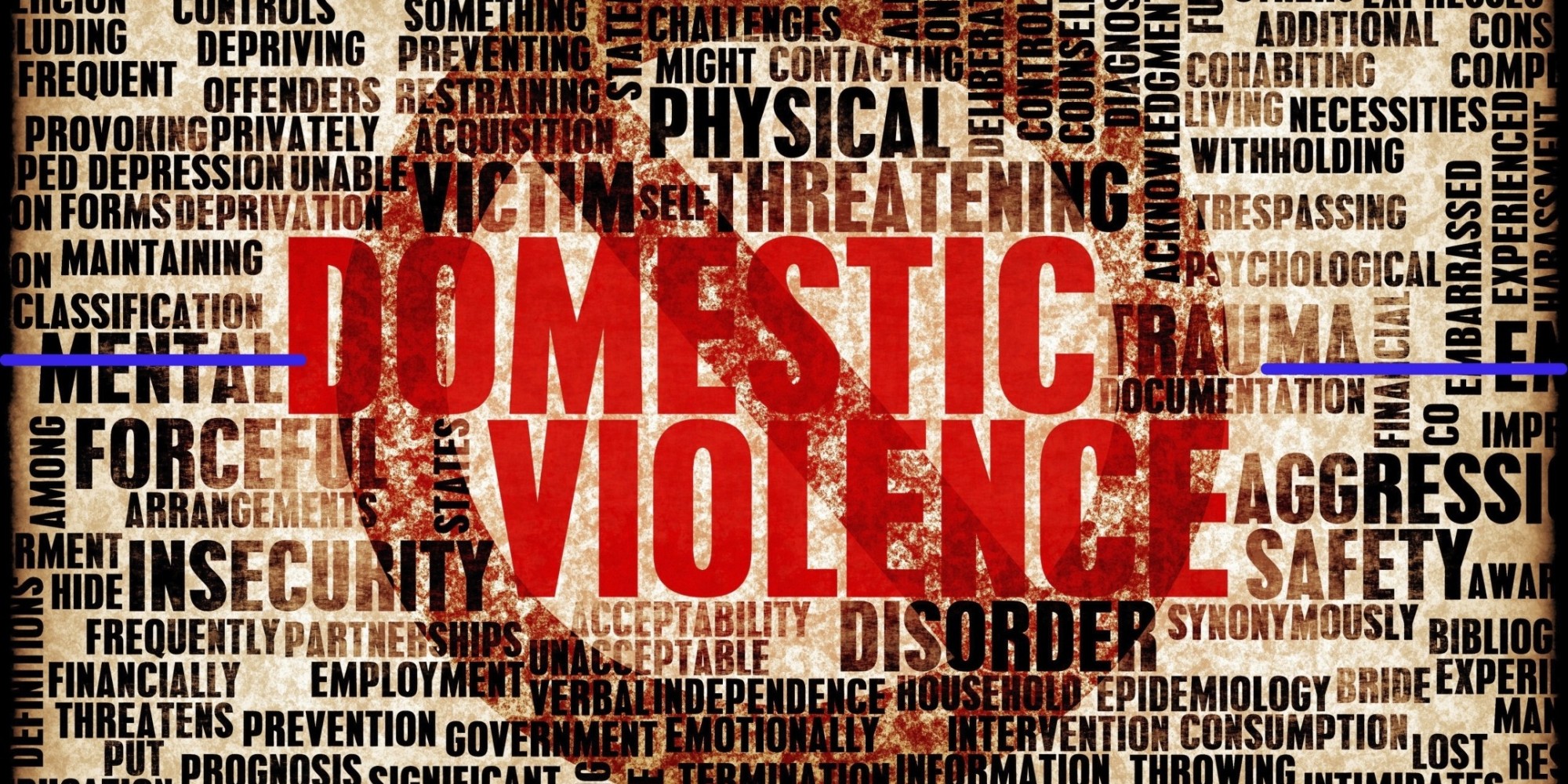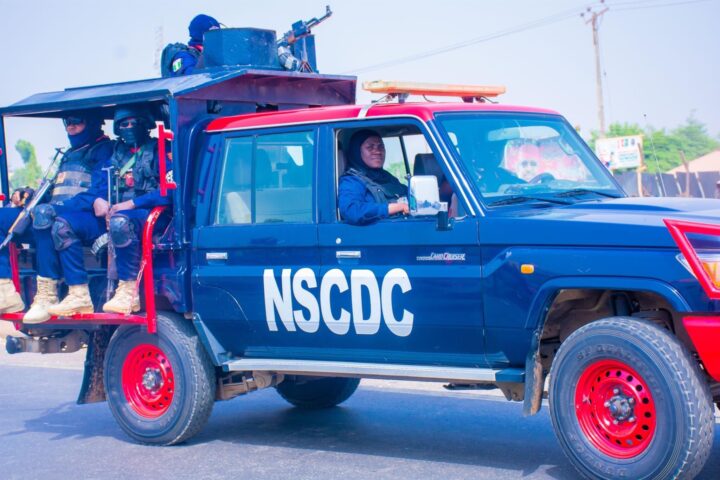{THE DISCOURSE} VAPP Act: Combatting Violence, A Step Towards A Safer Society


Funmi Adekoya-Ojo
IN the pursuit of creating a just and safe society for all its citizens, governments around the world have enacted laws aimed at preventing violence and protecting individuals from harm. One of such significant legal frameworks is the Violence Against Person Prohibition Act.
The Violence Against Person Prohibition Act (VAPP) is a crucial piece of legislation that addresses various forms of violence against individuals, especially women and vulnerable population.
This Act is not peculiar to a particular country but rather there are different terms used to describe similar legislation adopted by different nations to combat gender-based violence, domestic violence, and other forms of harm inflicted on individuals.
In Nigeria, the Violence Against Persons (Prohibition) Act (2015) is an Act to eliminate violence in private and public life, prohibit all forms of violence against persons and to provide maximum protection and effective remedies for victims and punishments of offenders; and for related matters.
The bill for Violence Against Persons Prohibition (VAPP) was enacted in 2013 and passed by the House of Representatives (Nigeria) on May 14, 2015 and passed by the Senate on May 14, 2015.
The Act after passage by the National Assembly was domesticated by 34 states, including the Federal Capital Territory (FCT).
Zamfara state is the only state yet to domesticate the Act while Lagos and Ekiti States have Protection Against Domestic Violence Law and Gender Based Violence Prohibition Law respectively, and they have some of the provisions found in the VAPP Act.
The Protection Against Domestic Violence Law of Lagos state (2007) is Lagos-specific and was passed to provide protection against domestic violence and for connected purposes. The law offers protection to any person who is or has been subjected or allegedly subjected to an act of domestic violence.
The Ekiti State Government harmonised its existing Gender Based Violence Laws for clarity and to ensure effective persecution of offenders. Specifically, a key provision in the Violence Against Persons (Prohibition) Act is included in the Ekiti State Gender Based Violence (Prohibition) Law, 2019.
The VAPP Act typically provides a comprehensive definition of violence, which includes physical, sexual, psychological, and economic. This broad definition ensures that various forms of harm are covered, and perpetrators can be held accountable.
The Act empowers victims to obtain protection orders against their abusers by restricting the abuser’s contact with the victim, ensuring the safety of the victim while it also provides support and rehabilitation services to victims of violence which include medical care, counseling and legal aid.
The VAPP Act criminalises specific acts of violence, such as rape, domestic violence and sexual harassment in which perpetrators can face severe penalties, including imprisonment, if found guilty of such offenses.
The primary objectives of the VAPP Act are to safeguard the rights and wellbeing of vulnerable individuals, particularly women and children, who are often the primary victims of violence.
Promoting gender equality by addressing gender-based violence and the empowerment of women, through criminalising violence and providing support to victims, the act aims to create a safer society where individuals can live free from the fear of violence.
Changing Societal Attitudes: The act’s public awareness campaigns and educational initiatives seek to change societal attitudes towards violence, fostering a culture of non-violence and respect.
While the VAPP Act represents a significant step forward in the fight against violence, there are challenges to its implementation and effectiveness. These challenges may include inadequate funding, insufficient awareness, and cultural norms that tolerate or even condone violence.
Despite the domestication of the Act by many states and the advocacy that has continued to trail the law, cases of abuse have continued to grow, whereas news of convictions is seldom heard.
According to Director of Gender Equality for Development, Mr. Oluwamayowa Ojo, the increasing cases of GBV is due to delay in getting justice, “relevant stakeholders should expedite action toward investigation and prosecution of such cases to ensure justice is served in good time”.
However, governments and civil society organisations are continuously working to address these challenges and improve the enforcement of the act.
In the future, the VAPP Act may evolve to encompass emerging forms of violence, such as cyberbullying and online harassment. Additionally, international cooperation and sharing of best practices can enhance its impact globally.
The VAPP Act, for all its remarkable qualities, cannot accomplish all that it was created for without the necessary structures to aid it in doing so.


Yusuf Oketola is a trained journalist with over five years of experience in the media industry. He has worked for both print and online medium. He is a thorough-bred professional with an eye of hindsight on issues bothering on social justice, purposeful leadership, and a society where the leaders charge and work for the prosperity of the people.










